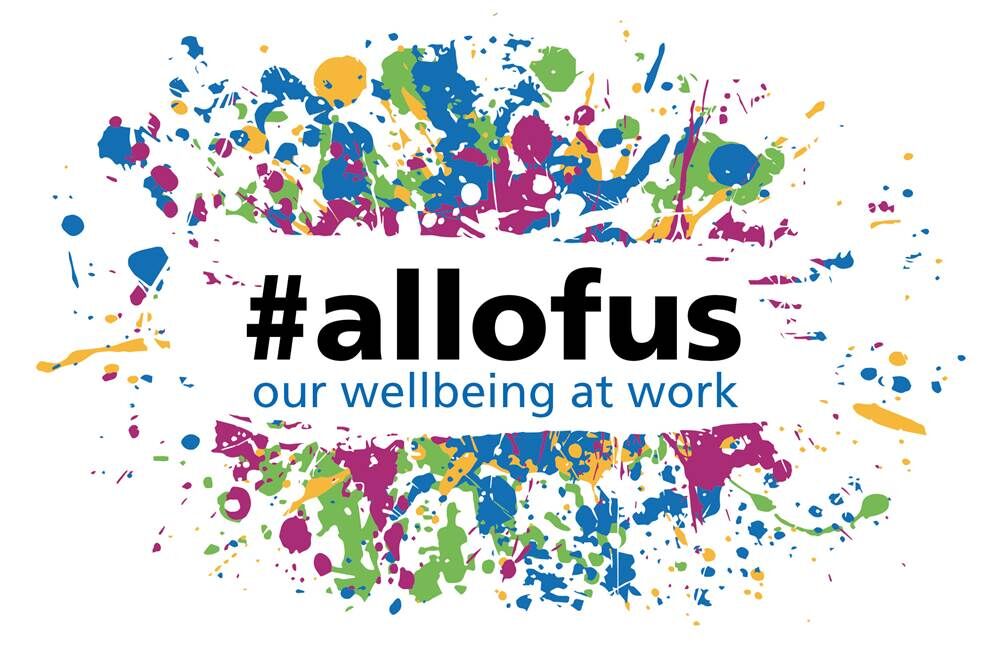Delivering the Long Term Plan for the NHS
By Rob Webster, Chief Executive, South West Yorkshire Partnership NHS Foundation Trust
At the Nuffield Trust Summit in the early part of this decade, a gathering of national policy leaders in health and care that takes places each year, I was asked to speak on a panel about innovation. I was sat with a selection of other front line Chief Executives. The opening question from the chair was “tell us about your best, real world innovation”. The other panellists quoted some very good and memorable pieces of tech that did some impressive things. I said that I had realised embedding values as the main currency for NHS organisations would transform health and care. The dissonance in the room was interesting, like I had walked into the wrong meeting.
This was surprising given the debate that faced health and care at the time was all about the perceived values of staff and the system. The post Mid Staffordshire fallout was hitting hard. Nurses were accused of being “uncaring” and needed reminding that they should be compassionate! It was widely remarked that staff in the NHS failed patients and their families because the system made them focus on finance at the expense of care.
Subsequently, things have changed. As with all things, what was novel becomes commonplace and things have moved on since then, at least in terms of our intentions. Leadership thinking in the NHS draws heavily on groundbreaking work and research by Michael West et al. Professor West’s work has been cited by everyone from the NHS’s own Leadership Academy, the “Voice of NHS Leadership” that is the NHS Confederation, and the influential Kings Fund think tank. Compassion in healthcare and an approach to leadership that engages people in a shared endeavour has become the ambition.
More broadly, thinkers like Julia Unwin have been leading a charge on the value of relationships, kindness, and human emotions in public policy. She argues that our public policy systems are often based on a sense of equity and fairness that require really good rational ways of assessing and assuring ourselves that we are fair and we are equitable. Good governance, legal instruments and regulation drive this rational approach. Yet, when we ask ourselves whether we see fairness and equity in public services and in society the overwhelming evidence is no.
Without a focus on both the rational approaches to policy and the relational processes that underpin the way we live and work, we cannot deliver equity, fairness, openness and transparency. And we cannot meet the needs of people today. You can think about this for a little while or you can simply ask yourself whether Mid Staffordshire would have occurred if there was as much focus on the reality of staff and patient experiences (the relational) as the drive to meet the financial and governance challenges of passing the assessment on becoming an NHS Foundation Trust (the rational).
So where does this leave us? I am very hopeful that we are seeing a revolution in leadership and policy thinking based on the right balance of values and good rules. Evidence can be seen at all levels.
- The Interim People Plan, published in June 2019, talks of creating a new leadership culture:
“We – and our people and patients – should expect compassionate, inclusive leadership not from senior leaders alone but from everyone in leadership positions – or who aspires to be – in both clinical and non-clinical roles and across all sectors.”
The development and delivery of this will be set out in the final plan and will, I hope, consider a values based approach, as well as rules that govern and test behaviours. The tone from this is being set from the top, with the Chair of NHS Improvement being very open and vocal about the new culture she expects to emerge.
- Integrated Care Systems across England are operating in a way that requires good relationships and clear governance. This is partly driven by the fact the current rules and governance are not quite aligned with the task that faces us in health and care. The regulatory processes apply to organisations, financial rules prioritise spend in hospitals not communities and treatment is rewarded over prevention. What we need is to ensure prevention, joined up health and care services and effective collaboration between councils, the NHS, independent and third sector organisations and communities is the norm. This requires new rules to be created by willing partners and good relationships to be forged. My experience leading one of the biggest ICS’ in the country is that this takes time, effort and energy. It builds on common points of agreement and a clear set of values. Our progress in West Yorkshire and Harrogate has been swift following a long period of development because we trust each other and have good rules to make decisions by.
- I run an NHS Foundation Trust that is a “values based” organisation. We recruit for values, induct for values, appraise based on values and deliver care guided by our values. We cannot deliver our mission to help people fulfil their potential and live well within their community without this. We want to make it a great place to work. We have had some real successes and things are incredibly challenging too. For every award-winning campaign on supporting people in the Trust and their wellbeing, we have stubborn issues around bullying and harassment that need to shift. The massive improvements seen in BAME representation and experiences in most services cannot hide the fact BAME staff are more likely to be the victims of abuse. Values based approaches work but they take time, constant attention and courage. And more and more of my colleagues run Trusts with the same outlook.
Of course, we live in febrile times where the public discourse can be questionable. This sets a wider tone that is unhelpful – to the point where the Chair of The Committee on Standards in Public Life has written an open letter reminding public office holders to remain true to the Nolan Principles. Alongside selflessness, integrity, objectivity, openness, accountability and honesty, they include a self-perpetuating 7th principle on leadership.
“Holders of public office should exhibit these principles in their own behaviour. They should actively promote and robustly support the principles and be willing to challenge poor behaviour wherever it occurs.”
What better way to uphold the Nolan Principles than to create a values based approach to leadership in the NHS? As well as setting a tone for others to follow, it is an essential ingredient – alongside good rules, investment and clear strategy – that will improve healthcare and help deliver the intentions in the Long Term Plan for the NHS.
About the author
 Rob is the Chief Executive of South West Yorkshire Partnership NHS Foundation Trust and the Lead Chief Executive for West Yorkshire & Harrogate Integrated Care System.
Rob is the Chief Executive of South West Yorkshire Partnership NHS Foundation Trust and the Lead Chief Executive for West Yorkshire & Harrogate Integrated Care System.
He has worked in healthcare since 1990, taking on national leadership roles in the NHS Confederation and the Department of Health on policy, transformation and delivery and running commissioning organisations and providers of NHS services.
Rob has a history of effective partnership working and a strong commitment to system leadership. Rob is defined by a values based approach to leadership.






